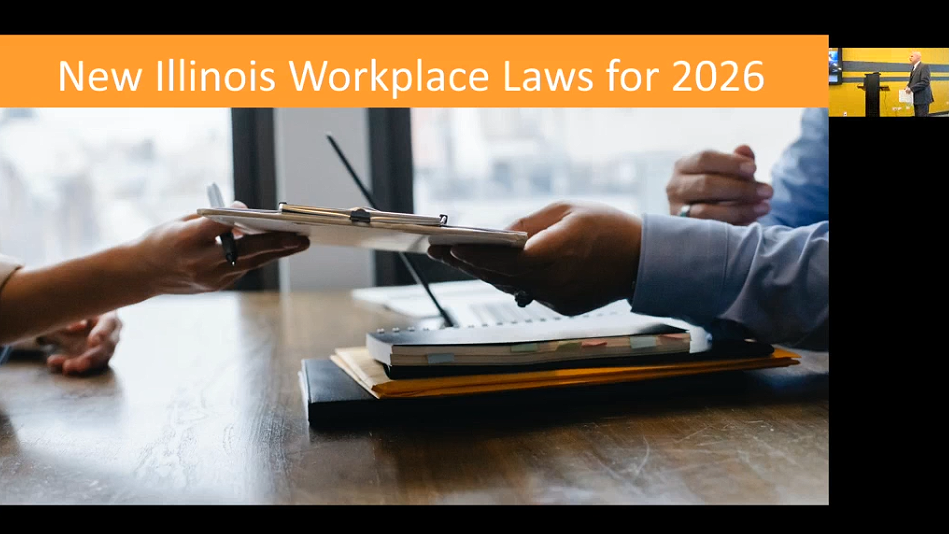Legal Victory for Auto Dealers Reaffirms the Value of Illinois Warranty Reimbursement Law

The current Warranty Law in Illinois became effective on January 1, 2022, by Public Act 102-232, and is now codified as 815 ILCS 710/6. The purpose of the Warranty Law is to ensure that dealers are compensated equitably, aligning warranty reimbursement, recall, and stop-sale repairs directly with the rates charged to retail customers. The Warranty Law also prohibits manufacturers from imposing cost recovery surcharges on dealers who choose to be reimbursed at their retail rate.
Volkswagen Grp. of Am., Inc. v. Giannoulias
On May 6, 2024, the Northern District of Illinois dismissed a lawsuit filed by Volkswagen: Volkswagen Grp. of Am., Inc. v. Giannoulias, No. 22-cv-7045. (N.D. Ill. May 6, 2024). The suit challenged the constitutionality of the 2022 changes to the Warranty Law, asserting violations of the U.S. Constitution, including Due Process, Equal Protection, First Amendment, and the Commerce Clause.
The court rejected Volkswagen’s Due Process claim based in part on a finding that the Illinois legislature has a legitimate state interest related to ensuring that dealers are fairly compensated for warranty repairs.
The court disagreed with Volkswagen’s argument that the Warranty Law discriminates against traditional manufacturers by not imposing similar requirements on manufacturers that do not use independent dealers. The court held that if direct sale manufacturers chose to adopt dealer networks, the Warranty Law would apply to them in the same way it applies to traditional manufacturers such as Volkswagen.
Additionally, the court disagreed with Volkswagen’s argument that the Warranty Law infringes on its free speech rights and concluded that the Warranty Law did not prevent Volkswagen from raising prices or communicating the reasons for such increases.
Lastly, the court disposed of Volkswagen’s Commerce Clause arguments by clarifying that the Warranty Law does not prohibit Volkswagen from recovering increased warranty costs through price adjustments.
Dealer Rights Under The Warranty Law
The decisive ruling of Volkswagen Grp. of Am., Inc. v. Giannoulias not only affirms the strength of the Warranty Law but also underscores its value to Illinois dealers.
The Warranty Law empowers dealers to claim reimbursements that accurately reflect the value of their services. Under the Warranty Law, a manufacturer’s time allowance must be at least equal to the time allowance for retail customers for the same repair work. If no extended warranty time guide is agreed upon, the time allowance must equal the manufacturer’s time guide multiplied by 1.5. The Warranty Law also requires manufacturers to compensate dealers for diagnostic time, including time spent on calls and on-hold with technical assistance centers.
Additionally, the Warranty Law allows dealers to charge retail rates for parts used in warranty, recall, and stop-sale repairs. Reimbursement for parts is calculated by multiplying the dealer’s purchase price by the sum of 1 plus the dealer’s average percentage markup for customer pay repairs. Dealers are further entitled to receive a 30% markup on parts for entire engine and transmission assemblies.
Dealers may submit a request to a manufacturer for an increase in warranty reimbursement once each year. A manufacturer must approve or disapprove warranty reimbursement claims within 30 days. Unchallenged claims within this period are automatically considered approved.
Lavelle Law can assist dealers in submitting warranty reimbursement claims and enforcing their right to greater compensation for labor and parts used in warranty repairs. For further inquiries or questions, please contact attorney Sarah Reusche at sreusche@lavellelaw.com or (847) 705-7555.
More News & Resources
Lavelle Law News and Events












